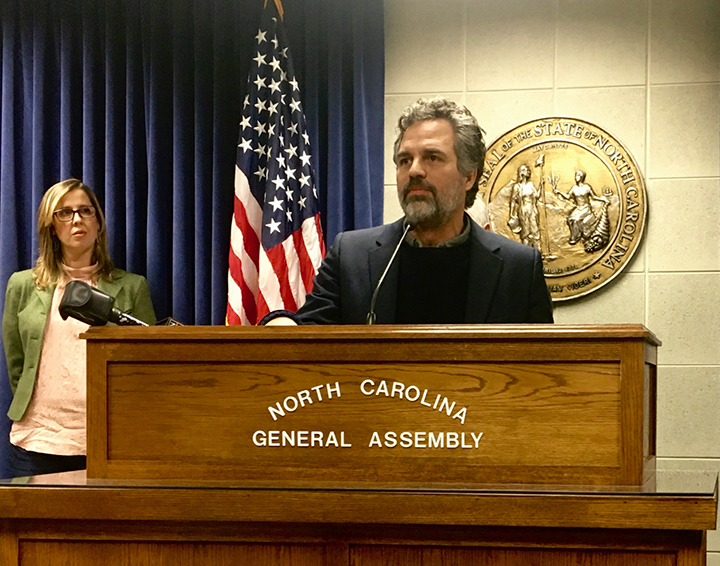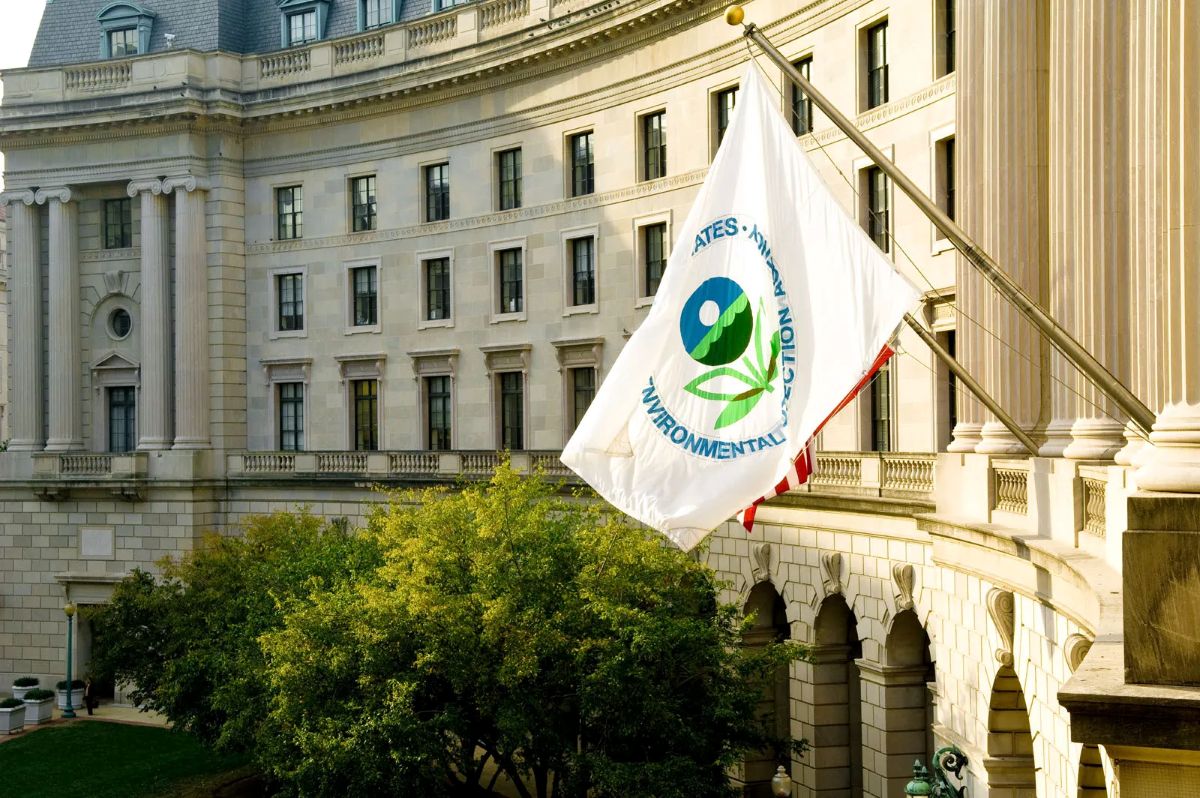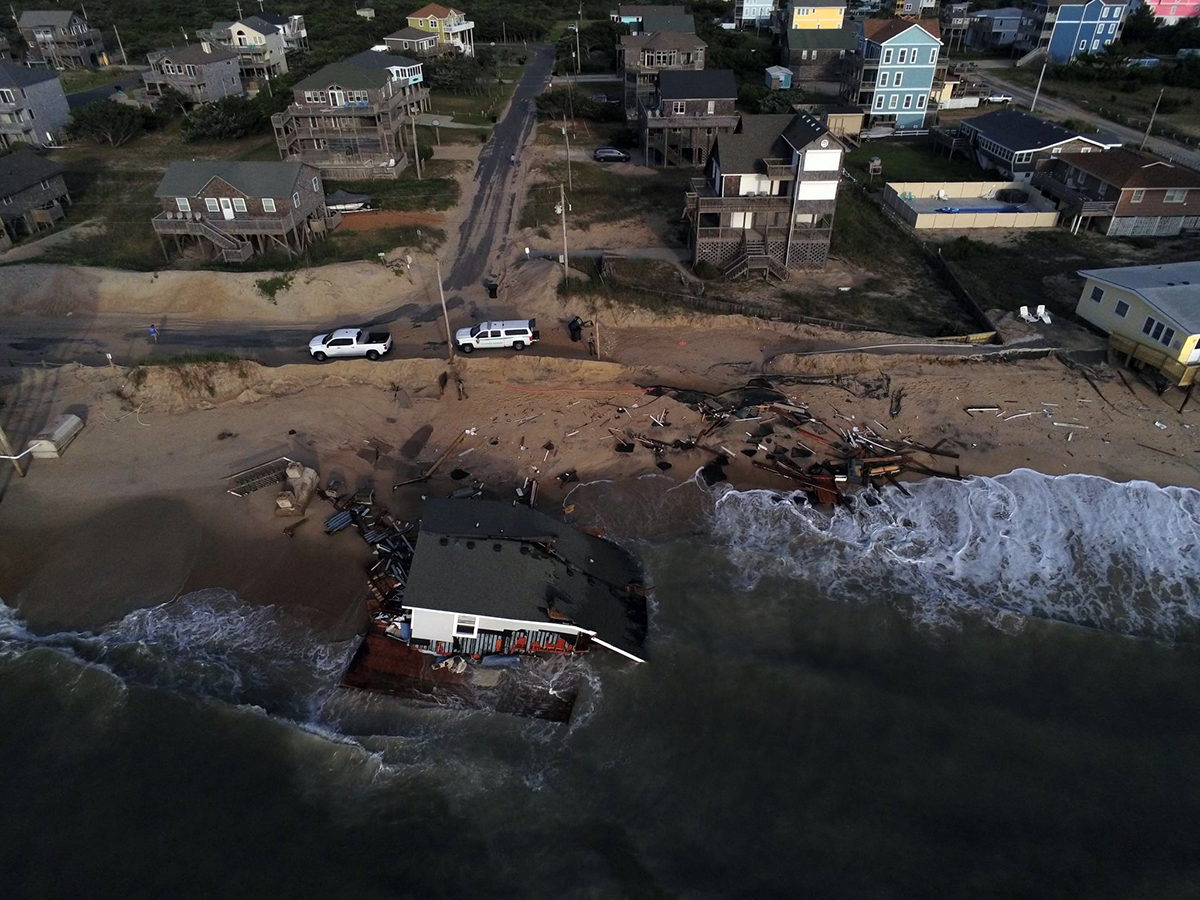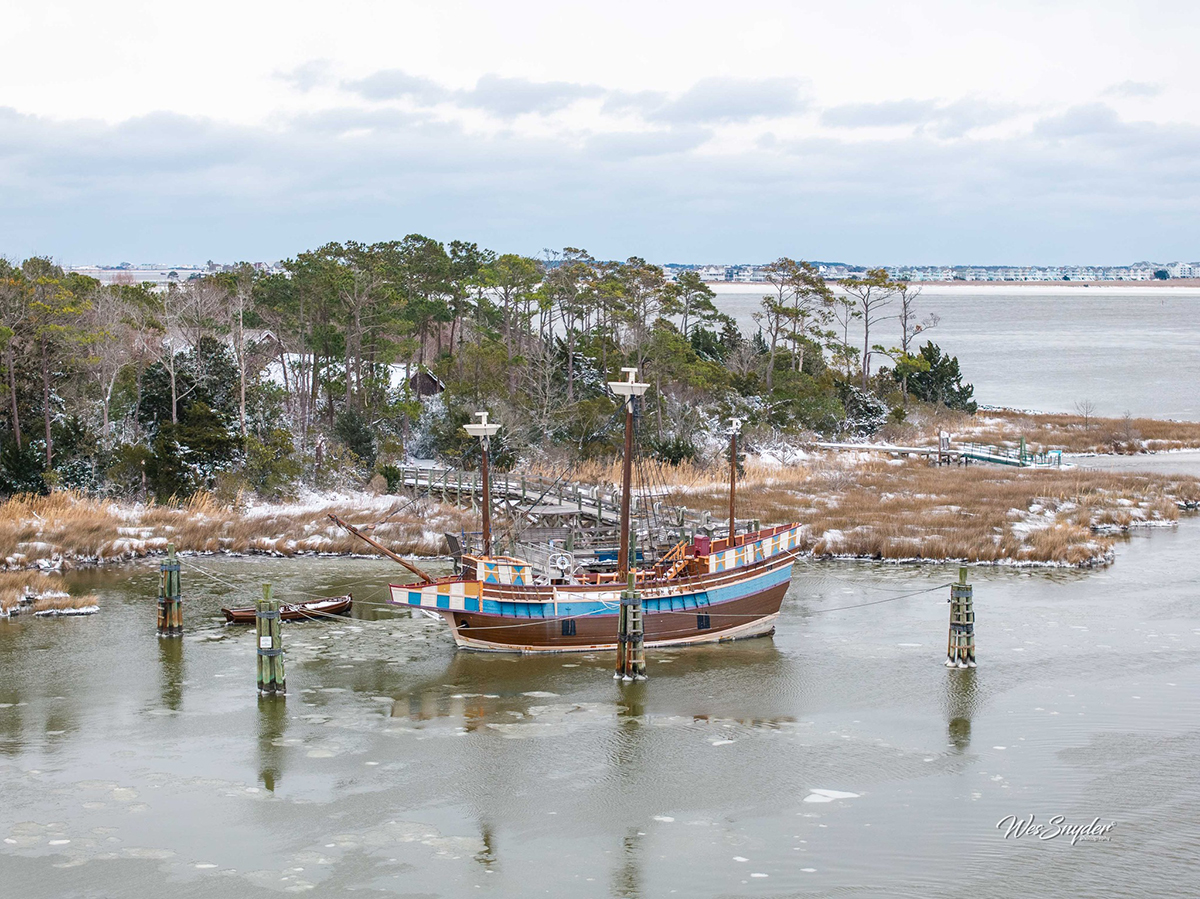
Schools in New Hanover and Brunswick counties are installing new water filling stations and special filters in reaction to continuing concerns about levels of industrial contaminants found in drinking water systems.
The move to reduce per- and polyfluoroalkyl substances, or PFAS, comes after a nationwide report again highlighted high levels of the compounds in water supplies, with Brunswick County registering the highest levels in the country and the Wilmington region listed as the fifth highest.
Supporter Spotlight
The new filtration systems use reverse osmosis, or RO, the method that’s been determined to be most effective in reducing levels of the compounds. Initial plans call for one RO station at each school.
Last week, the Brunswick County Board of Education reviewed a plan for a pilot project to test reverse osmosis stations at Lincoln Elementary and Belville Elementary, both in Leland, and a third-party testing lab to monitor before-and-after results.
Earlier this month, the New Hanover County School Board agreed to move $142,582 in its capital projects fund to begin a similar project.

New Hanover County School Board member Stefanie Adams said the approved funding will go to start engineering studies of how and where to put in RO filters in the county’s 30 affected schools, but it won’t cover the total cost of the program. Moving ahead with the program is essential, she said, especially considering that the installation of new filtration systems at Cape Fear Public Utility Authority’s Sweeney Treatment Plant is expected to take about three years to complete.
“There’s definitely the interest to move forward and make sure we are providing safe water in all of our schools,” Adams said. “It’s a crisis and it’s absolutely imperative that we quickly and expediently get these services available to our children and our school staff.”
Supporter Spotlight
Adams said worries about the safety of schools’ drinking water remain high throughout the community.
“I know this as a parent,” she said. “I have a son who is 8 years old, and I lived here when I was pregnant, and I drank the water from the tap. When he was an infant, if I made formula, I made it from the tap.”
She said her family’s reaction was to contract with a water service for regular deliveries of bottled water, but that option isn’t available to everyone.
“I think people are very angry and they are frustrated,” Adams said. “For those that have the means to be able to put an RO filter in their home or order bottled water, that’s great, but what about those in our community that can’t. What are we doing for them?”
Emily Donovan is a co-founder of Clean Cape Fear, an environmental advocacy group that has focused on PFAS issues. Donovan said RO stations are an important step, but she would also like to see the number of water stations expanded.
“We’d like to see three filling stations at each school,” Donovan said in an interview with Coastal Review Online.
She said that after an Environmental Working Group report on PFAS in drinking water came out last fall, volunteers collected more than 2,000 signatures asking for an alternative water source for students in both school systems.
The group gathered quotes from reverse osmosis system providers that put the cost of installing three stations in each of the 30 affected schools in the New Hanover County system at roughly $350,000. The estimate also included a three-year maintenance agreement.

Legislation proposed
Last week, actor Mark Ruffalo, who starred in “Dark Waters,” a film about the fight over PFAS contamination in West Virginia, visited both Wilmington and Pittsboro to draw attention to contamination in both areas.
During a press conference at the North Carolina Legislative Building in Raleigh, Ruffalo, community members from the Cape Fear River watershed and legislators called on stronger action from the state General Assembly to address the problem.
“How did we come to a place in America when we are afraid to drink the water out of our tap?” Ruffalo asked.
Also during the press conference, Sen. Harper Peterson, D-New Hanover, said he would introduce a local bill when the legislature returns in April to help fund three RO systems in each New Hanover County school and potentially in other systems.

“I hope the other counties also impacted by the contamination will follow suit,” he said.
Peterson said he also supports a move, as called for in a New Hanover County School Board resolution approved earlier this month, to allow affected school systems to collect some of the fines imposed on Chemours Co., whose manufacturing facility near Fayetteville was identified as the source of high levels of the PFAS compound GenX detected in the Cape Fear River.
Rep. Pricey Harrison, D-Guilford, who introduced several measures last session to address PFAS contamination, said the state is not doing enough, especially with an ongoing reluctance of federal officials to take more aggressive action.

“It’s everywhere and its ubiquitous and it has significant health problems associated with it,” she said. “We have limited federal oversight and a weak federal regulatory structure … We have limited state regulatory protections in place and the state agencies have also been constrained by recent actions in the General Assembly that have limited in their ability to be aggressively proactive with this.”
Last year, legislative leaders delayed action on new PFAS bills, saying they wanted to wait for results from statewide testing by a consortium of state and private universities. A request by Gov. Roy Cooper for additional funds and personnel was pared down considerably in the legislature’s spending plan but has since been caught up the ongoing budget standoff between the governor and the legislature. So far, legislators have not included the PFAS funding in any of the handful of mini-budgets passed to work around the standoff.
Harrison said that ultimately the state should adopt tighter regulations and a precautionary approach to the thousands of PFAS chemicals and other contaminants that would prevent them from being discharged into public waters without proof that they are not harmful.







